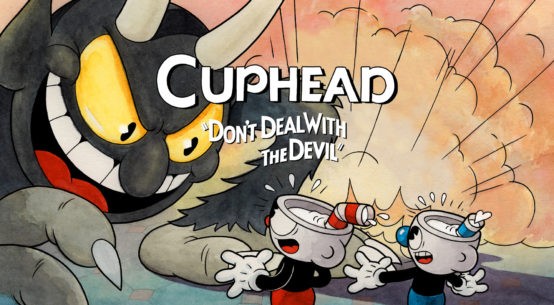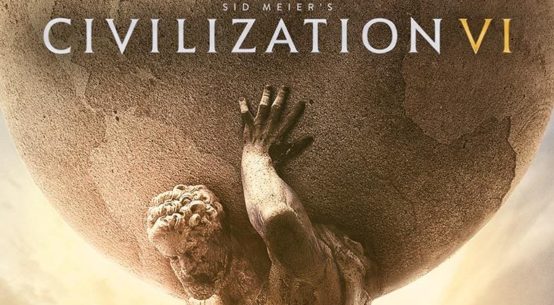
Article by Jake Basten
Edited by Katie Tarrant
Developer: Freebird Games
Composer: Kan ‘Reives’ Gao
Reviewed on: PC 3.2GHz Intel Core i5
Endearing, emotional, and quirky, RPG Finding Paradise was released mid-December amidst the festive pandemonium, so you can be forgiven if it may have slipped under your radar. The 2nd instalment of Freebird Games’ To the Moon indie RPG series continues the central theme of two doctors travelling through a patient’s memories to fulfil their dying wish. We follow the doctors’ journey as they unravel a paradox within a lifetime of memories of both love and regret.
Freebird Games’ studio director, illustrator and composer, Kan ‘Reives’ Gao compliments the 2d pixel art style with a very pretty score that is reminiscent of PS1-era RPG’s, like Chrono Trigger and Final Fantasy IX. Gao uses acoustic instruments throughout the game to create cohesion across the tracks, with very limited use of synths or more modern production techniques. Strings (often solo cello carrying the melody), woodwinds, and pitched percussion (including glockenspiel, celeste, and piano) are the core sounds that keep returning.
The music often consists of small ensemble arrangements around a few central musical themes. Large ensembles and the use of other instruments are used sparingly for especially emotional moments, such as the brass victory theme in ‘Such Inspire Much Motivate’. These musical themes act as a leitmotif (character themes) either, for a particular character, or for a repeated event. For example, the ‘Scale Theme’, is central to our character Colin’s journey, we hear it many times, often with Colin playing the cello, and learn of its significance as the game progresses.
Music is often used to aid the comedy of the game. Despite Finding Paradise’s serious sounding premise, the game is full of fourth-wall-breaking quips, tongue-in-cheek remarks and Dragonball-Z/Street Fighter references. Tracks such as ‘Kinda Like An Indie French Film’ keep the mood light and the story line interesting as we travel through time, without many clues as to what to expect.
For a game with a playtime of around 5 hours, the length of the score is very impressive, with 58 tracks and an amazing 1 hour and 45 minutes of music! The soundtrack only costs £3 (or £2 if you buy it with the game), which is a great price for the volume of music included.
There is limited scope in this genre for interactivity in the music system, as the music loops mostly coincide with locations and there are no obvious game states to allow for a tramadol hcl purchase layered approach. However, the tracks are approximately 2 minutes long, making the loop points fairly unnoticeable in-game. With the scripted nature of the game, the fades between tracks are well synced and the score feels more like a cinematic accompaniment than background music, subtly effective at carrying the story along its way.
Conclusion
Finding Paradise is a really enjoyable story-centric RPG with a beautiful collection of music to compliment it. The use of thematic material is inspired and the score works as a lovely story-telling device rather than just background music. The re-arrangements of themes with limited instrumentation is well executed for keeping the music fresh while tying the score together throughout the game. Inspiration for all indie game developers.
LINKS
Official
To stay up to date on more audio news, sign up to our monthly newsletter to make sure you don’t miss out of news as well as our reviews and interviews.
We are also running a Patreon campaign to help support our team and help us bring you more awesome content at even higher quality!




